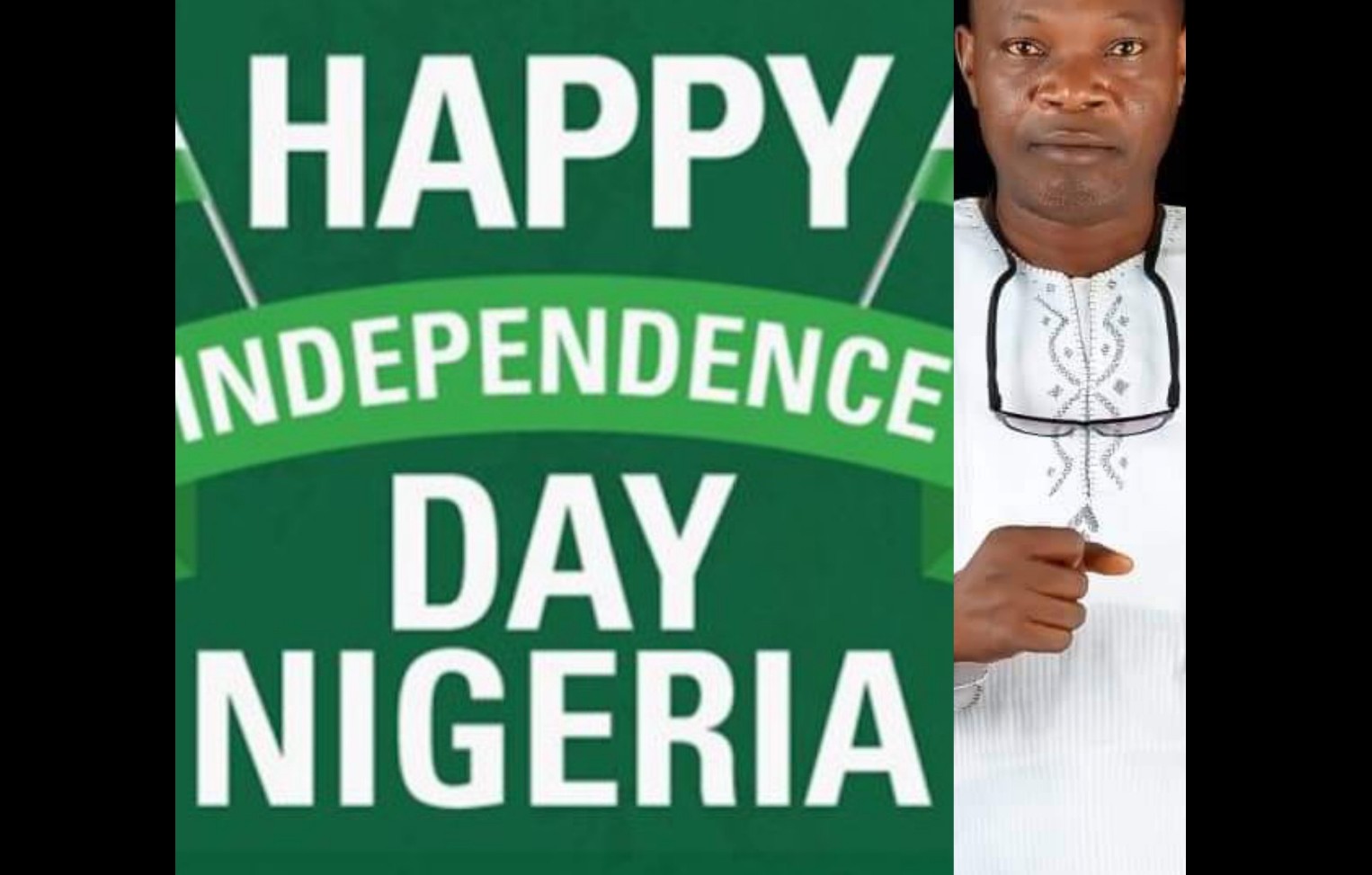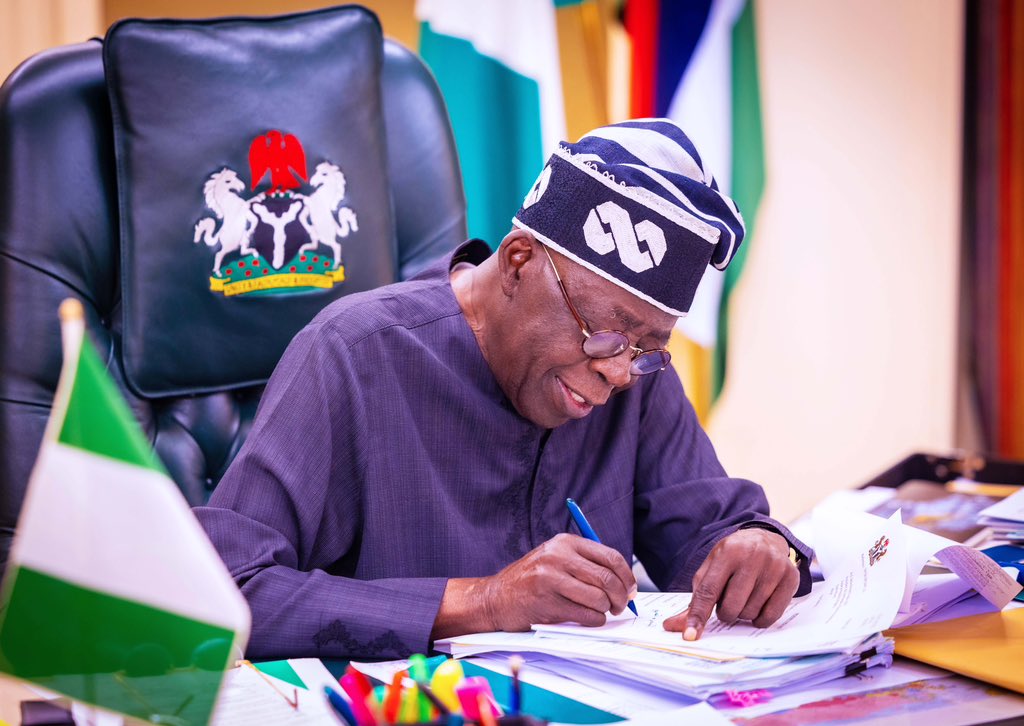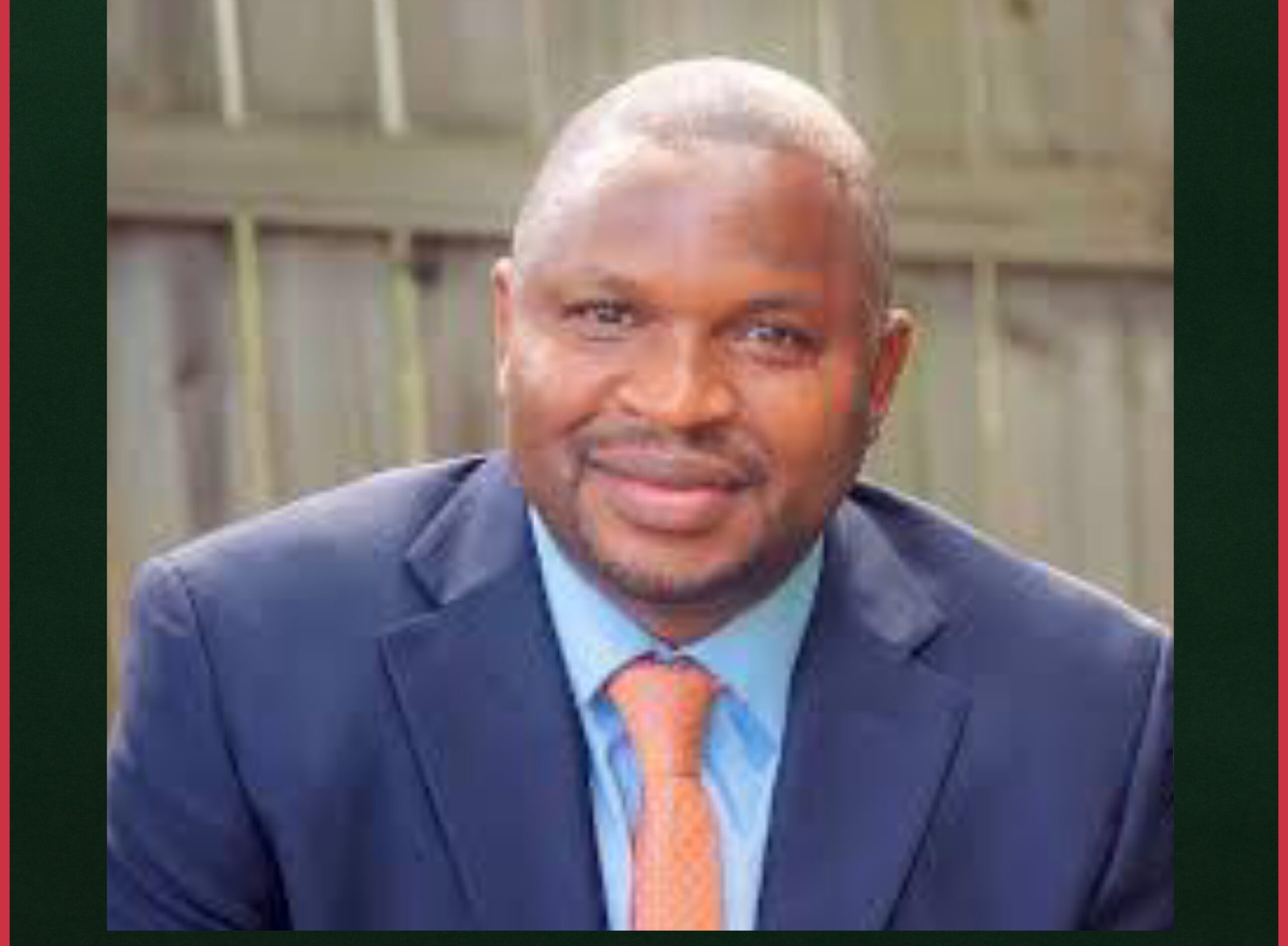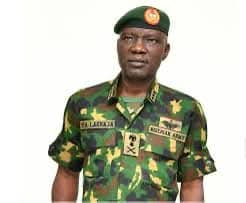By Comrade Gbenga Olowoyo
Which way Nigeria;
which way Nigeria;
which way to go,
l love my country,
l want you to know…
So Nigeria will not die …🎼
by late Sunny Okosun
The independence struggle in Nigeria was a struggle for political, economic sovereignty and prosperous liberation hinged on self determination, collective struggle and collective benefits.
It is no more news that the attainment of independence on the 1st October, 1960 opened a new chapter in the history of Nigeria which up till today, became a serious annal which cannot be compromised by upcoming generations because it was an emancipation from political and economic bondage from the claws of the colonialists; unfortunately today, the reverse is the case because of bad and conscienceless leaders we have in Nigeria at different times.
The philosophy of total freedom behind the agitation and eventual attainment of independence were sacrosanct.
* SO LONG A JOURNEY TO NIGERIA’S INDEPENDENCE

Apart from the foundation laid by Trade Union movements which was heralded by Nigeria Civil Service Union NCSU on 19th August, 1912, Hebert Macaulay, the father of nationalist movement in Nigeria provided a pivotal role by establishing the first political party in Nigeria known as: Nigeria National Democratic Party (NNDP) in 1922 and National Newspaper in Lagos both opened the political and enlightenment horizon for the agitation for self rule in Nigeria by other Nationalists.
It is memorable, therefore, to note that In 1953, Anthony Enahoro became the first to move the motion for Nigeria’s independence which was eventually granted in 1960 after several political setbacks and defeats in the parliament.
Anthony Enahoro has been regarded by researchers, academics and many Nigerians, as the “Father of Nigeria State”.
The motion for Nigeria’s Independence suffered various teething setbacks. Notwithstanding the defeat in the parliament, a popular movement was started on account of this motion and the pressure was mounted against colonialism and there were agitations for independence of Nigeria, or at least, self-governance. S. L. Akintola attempted to revisit the motion for Nigeria’s independence in 1957 and though his motion was passed by the parliament, it was not acceded to by the British colonial authorities and it therefore failed.
In August 1958, Remi Fani-Kayode revisited Enahoro’s motion and the motion was again passed by the parliament, but its date was not approved by the British.
Fani-Kayode’s motion had called for independence to be granted to Nigeria on 2nd April 1960. In furtherance of Anthony Enahoro’s original motion, a further motion was proposed to the parliament by Sir Abubakar Tafawa Balewa in 1959, and it was passed.
As a consequence of the sustained pressure, the colonial governor announced the decision of the British government to grant independence in 1960. Nigeria was eventually granted independence on 1st October 1960.
* INDEPENDENCE, NIGERIA AND NATION BUILDING MINDSET

The nation building philosophy is premised on patriotic zeal of early nationalists to champion and project Nigeria and Nigerians in a very good light for both political and economic prosperity.
The concerns of Nigerians are very right about nation-building hence, it could not be compromised.
To this end, the concept Nation building does not happen by mere historical accident, rather, it was built by men and women with vision and determination.
Nation-building is therefore, the product of conscious nationhood, Nigerians efforts at nation-building started since independence to address issues that have predated 1960.
It is unfortunate that the Nigerian nation-building endeavour is restricted by her own historical antecedence, poor leadership, corruption, distrust, mistrust, greed, nepotism, suspicion, injustice and contentious constitutional provisions.
* CHRONICLES OF NIGERIA LEADERS

Nigeria has had 17 heads of the government, eight of who were military Heads of State and five (5) of who were democratically elected Presidents.
They are Abubakar Tafawa Balewa (first and only Prime Minister), from 1960 to 1963; Nnamdi Azikiwe (first President), from October 1, 1963 to January 16, 1966; Major General Aguiyi Ironsi, from January 16, 1966 to July 29, 1966; General Yakubu Gowon, from August 1, 1966 to July 29, 1975; General Murtala Mohammed, from July 29, 1975 to February 13, 1976; General Olusegun Obasanjo, from February 13, 1976 to October 1, 1979; Shehu Shagari, from October 1, 1979 to December 31, 1983; Major-General Muhammadu Buhari, from December 31, 1983 to August 27, 1985; General Ibrahim Babangida, from August 27, 1985 to August 27, 1993; Chief Ernest Shonekan, from August 26, 1993 to November 17, 1993; General Sani Abacha, from November 17, 1993 to June 8, 1998; General Abdulsalami Abubakar, from June 9, 1998 to May 29, 1999;
Others include Olusegun Obasanjo, from May 29, 1999 to 29 May, 2007; Umaru Yar’adua, from May 29, 2007 to May 5, 2010; Goodluck Jonathan, from May 6, 2010 to May 29, 2015; Muhammadu Buhari, from May 29, 2015 to May 29th -2023 and Bola Ahmed Tinubu May 29th 2023 to date.
At three different periods, the nation’s democratic dispensations were cut short by military coups, with the regimes hijacking power from one another. This led to the country having what is now known as the First, Second, Third and the presently Fourth Republics. The current dispensation began in 1999 and has lasted 24 years, which is the longest democratic dispensation in the nation’s 63 years post-independence history.
According to some public policy analysts, this is the greatest feat the country has ever achieved as a developing nation.
*THE GREAT EXPECTATIONS OF NIGERIANS IN LEADERSHIP FOR A PROSPEROUS NIGERIA

There is need for a great patriotic and visionary leader to articulate a National Vision and Agenda of where Nigeria should be.
“A united, industrious, caring, God-fearing democratic society committed to making the basic needs of life affordable for everyone and creating good Nigeria economy” are egalitarian features urgently needed in Nigeria at 63.
A good Nigeria leader needs to lead a revolutionary change of attitude, beyond party, tribal and religious divides, among leaders of all sectors of government and society to embrace all aspects of good governance and re-launch Nigeria on the path to unity and greatness.
He must be ready to commit his life to this great cause.
A good Nigeria Leader must be ready to mobilize the broad masses of the people to move forward to progress, unity and greatness.
As a matter of fact, the goal of Independence and sovereignty was templated for the political parties, stakeholders in Nigeria project and other interest groups prior to 1st October, 1960 which was the basis by which the attainment of independence was achievable.
The concern of average Nigerians now is that our national tragic comedy is hinged on the simple fact that, after independence, there has been no national consensus on which of the outlined objectives were to be pursued.
There is confusion in objectives, and shaky foundation in policies and programmes. These have been the Nigerian experience of government, resulting in the lack of progress in developing a one-nation consciousness and in developing the economy to lift our richly endowed country from poverty. At present, research has shown that the number of vulnerable people has escalated to180 million Nigerians i.e the extremely poor level
The essential elements in the National Vision is expected to be sustainability of policies and institutionalizing the infrastructural developments which Nigeria is lacking.
The only government that initiated and implemented National Rolling Plans was General Yakubu Gowon as a military Head of State at that time which brought about construction of not less than three refineries followed by General Muritala Mohammed/ General Olusegun Obasanjo regime which embarked on institutionalized projects.
Also, in the place of history, the enduring institutionalized legacy projects by Sir Ahmadu Bello the Sardauna of Sokoto, Chief Obafemi Awolowo, Dr Nnamdi Azikiwe among other leaders both at the national and regional levels cannot be underestimated.
Since the advent of Democratic governance in Nigeria, no single refinery has been constructed except bogus and questionable payment of fuel subsidy to phoney fuel dealers and importers.
Again, most monumental gigantic industries are moribund: Ajaokuta Steel and Rolling Mill, Textile industries, the workability of the refineries has been sabotaged, Education sector has been commercialized, Health sector in comatose , oil and gas sector is now a drain pipe of the economy, general insecurity is now a threat to national unity while economic policy is now based on trial and error etc.
There is urgent need for adoption and implementation of all the aspects of Good Governance in Nigeria such as;
Necessary and Urgent Amendments to the 1999 Constitution;
Maintenance of Nigeria as a Secular State and Religious Freedom and tolerance for the Individual;
A Language Policy to Promote National Integration;
Eradication of Corruption in all facets of National Life and Adoption of a Realistic Personal Incomes Policy;
Determined and sustained retraining and re-motivation of the Civil Service and staff of all agencies so that they may achieve a new image of competent, friendly, prompt, patriotic, non-corrupt, pro-investment, pro-development Public Service dedicated to prompt cost-effective service delivery.
The Economic Plan should be premised on 10 years rolling plans that will deal with all sectors of activity, achieve an annual growth rate whose economy is industrialized, diversified, developed and globally significant.
We must discourage breakages, loopholes, re-starting and re-naming National Policy Agenda Plans with the change of Nigeria leadership from one administration to another which must be devoid of individual self ego.
Adoption and implementation of good governance at all three tiers levels of government.
* NATIONWIDE INDEFINITE STRIKE CALLED BY NLC, TUC

The present hardship being experienced by Nigerians as a result of subsidy removal without adequate planning is a serious albatross confronting Nigerians and the hapless masses.
There is total collapse in the country’s economy; Naira devaluation, unemployment, fuel price, hunger, parents cannot pay their children school fees, galloping inflation; bag of Rice now N5,800 all these anomalies compelled the organized Labour to call on Federal Government to provide sustainable and impactful palliatives to mitigate these hardships but Federal Government is recalcitrant.
The indefinite strike action which will commence on Tuesday 3rd October 2023 called by both Nigeria Labour Congress (NLC) and Trade Union Congress (TUC) is a right step in the right direction to put Federal Government on its toes and rescue Nigerians from mass economic self suicide which has started happening across the country.
* FEATURES OF GOOD GOVERNANCE

The features of Good Governance include the underlisted:
The Rule of Law must be adhered to in all facets of our endeavours;
Efficient and prompt administration of justice to sustain the sanctity of justice and fairness;
Predictability, objectivity and consistency in government measures;
Respect for the sanctity of social contracts;
Tolerance of dissenting views and opinions;
Abandonment of the pursuit of self-enrichment as the motive for seeking political leadership and office;
Drastic reduction in the cost of governance;
Zero tolerance for corruption and the prompt application of adequate sanctions against offenders including seizure of all properties corruptly acquired and no plea bargaining;
Efficient and timely service delivery by all government agencies;
Return to planning and submission to the discipline of planning, respecting pre-determined priorities in the utilization of national resources;
Return to the principle of collective responsibility of government;
Entrenchment of merit and the pursuit of excellence as core national values;
Necessary urgent amendments to the 1999 Constitution;
Unity and structure of Nigeria should remain one sovereign entity; and
Nigeria should be organized as an effective Federation.
The best way of saving Nigeria from the level of a failed state and nose diving to anarchy is for President Bola Ahmed Tinubu to bring to bear a consistent advocacy for a New Vision and egalitarian philosophy that will reflect a responsive Governance.
Also, President Bola Ahmed Tinubu must begin to implement all the aspects of good governance and the preliminary work required for synergy of the major principles, elements and value chains envisaged for the new Nigeria ecosystem.
He must use all his Executive powers to implement the necessary, well structured and evaluated reforms with human face.
There is need for consistent honest pursuit of the right policies that will put Nigeria back on the path of growth, development and greatness. The present approach to our economic policy must be people oriented rather than elite class focussed
Can we say these are the visions of our founding fathers?
“Truly patriotism is the core, but Federal Government must rescue the defenceless Nigerians before they start eating from dustbins of our socio, economic and political tormentors”.
Nigeria shall be great; Happy 63rd independence celebration.
* Comrade Gbenga Olowoyo milr, fcia fipma, JP, is a Trade Unionist and industrial relations practitioner gbengaolowoyo3@gmail.com
08033570338





